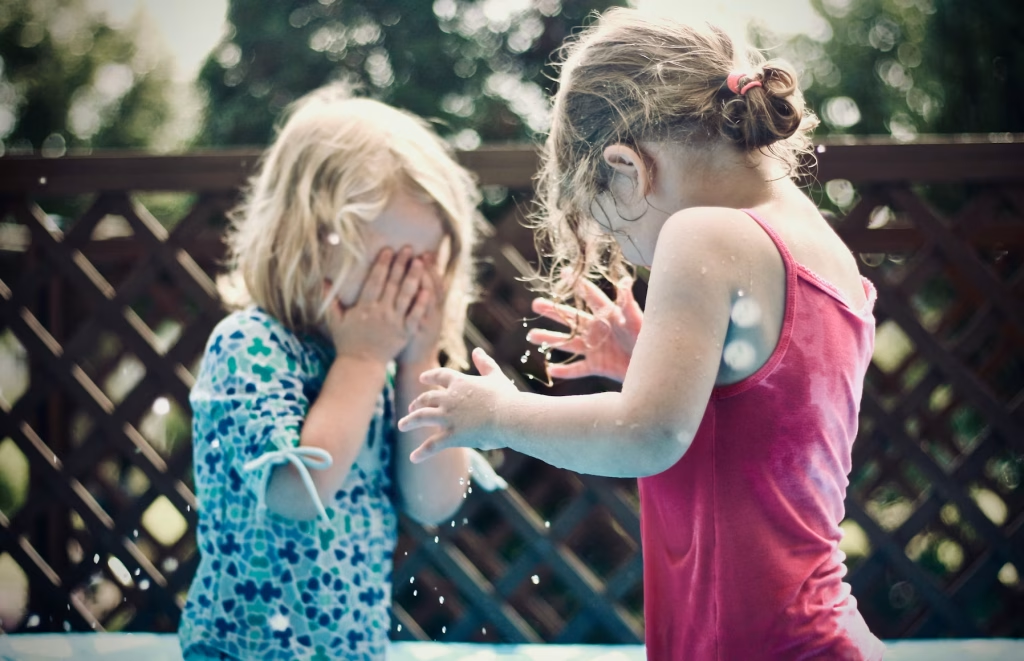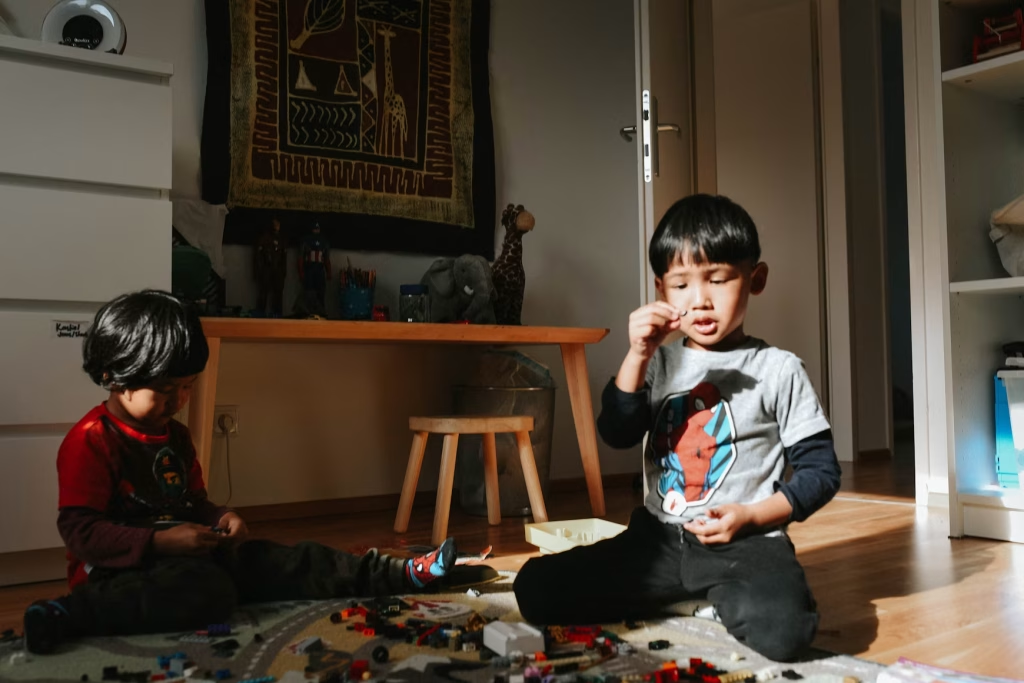
A silly prank can spark laughter. But when jokes go too far, they can leave hurt feelings—or even real harm in their wake. As a parent, guiding your child also means helping them understand where to draw the line. Not all tricks are created equal, and what seems funny to one child might be deeply upsetting to another. Here are 7 pranks kids should avoid – plus tips on steering your child toward safer, more considerate fun.
1. The “Scary Insect” Prank
Hiding a fake spider or rubber snake in someone’s backpack or bed might sound harmless, but it can seriously frighten kids (and adults!) with deep-seated phobias. Fear-based pranks usually lead to panic, not giggles, and they can damage trust if a child begins to associate friends with anxiety. If your child likes the shock factor, nudge them toward surprises that produce surprise without genuine fear.
Extra tip: For fun ideas that don’t scare or hurt, check out Parents.com’s safe prank suggestions – they keep the laughs but ditch the fear.
2. The “Locked In” Joke
Trapping a friend in a closet, bathroom stall, or even under a blanket isn’t just a prank—it can be genuinely scary. Some kids may panic if they feel confined, especially if they’re already prone to anxiety or claustrophobia. Plus, it risks real danger if there’s no quick way out. Teach your child that pranks involving removing someone’s freedom are off-limits. Safety and respect matter more than momentary laughs.
3. “Toilet Trouble” Pranks
Plastic-wrapping a toilet seat or stuffing it with tissue might sound funny in theory, but it’s messy, embarrassing, and downright unpleasant for the person on the receiving end. Bathroom-based pranks can also cross boundaries of personal hygiene and privacy. If your child finds these stunts hilarious, suggest comedic alternatives that don’t interfere with someone’s most basic needs. A good rule: if it disrupts hygiene or humiliates, skip it.

4. The “Torn/Damaged Belongings” Prank
Pretending to ruin a friend’s favorite hoodie, phone, or homework is a surefire way to break trust. Even if the damage isn’t real, the victim feels immediate panic and betrayal over something they value. Children’s belongings often hold personal or sentimental importance, and messing with them can lead to bigger conflicts—including disciplinary actions at school. Urge your child to stay away from messing with people’s property—even as a so-called joke.
5. The “Fake Emergency” Prank
Pretending to be hurt or scream “Fire!” when none exists might grab attention, but it teaches kids that serious situations are game material. Not only does it cause genuine fear, but it also wastes time if adults or other children rush to help. In worst-case scenarios, false alarms can tie up resources that should remain free for real emergencies. Encourage your child to keep crisis-level words and actions strictly out of their prank repertoire.
6. The “Embarrassing Reveal” Joke
Posting a friend’s private photo, reading their diary entry aloud, or revealing a secret in front of peers can shatter trust faster than any silly gag. Kids often view these “shaming” pranks as harmless, but the victim might feel singled out or even bullied. Public embarrassment can leave deep emotional scars, especially if it spreads on social media. If your child loves a good laugh, show them how to do it with friends, not at their expense.
7. The “You’re Not Invited” Prank
Telling someone they’re excluded from a party or outing—then dropping a casual “Just kidding!”—can seriously hurt a child’s sense of belonging. Social pranks that toy with inclusion are often deeply felt, and they can plant seeds of insecurity. Remind your child that friendship should foster connections, not erode them. Instead, encourage inclusive fun that brings everyone closer.
Turning Pranks Into Teachable Moments
Not all pranks come from a mean place; sometimes kids are just testing boundaries. Still, it’s crucial to help them see why certain jokes step over the line. Encourage your child to ask: “Would I want this done to me?” If the answer is no, it’s time to rethink. Apologies and accountability—owning a mistake and making it right—can preserve friendships if they’ve accidentally gone too far.
Key Takeaway: Keep Humor Kind
Kids crave humor and bonding—but it doesn’t have to cross boundaries or incite harm. Teaching children empathy in their jokes helps them become more thoughtful friends and classmates. Instead of “You’re not invited,” they learn “We’d love for you to join.” Instead of humiliating someone with an embarrassing reveal, they find ways to make everyone laugh together. Humor should unite, not divide.
Has your child ever tried or experienced one of these pranks? We’d love to hear your story or how you helped them learn from it. Share in the comments below—sometimes the best lessons come from real-life experiences.
Read More

Samantha Warren is a holistic marketing strategist with 8+ years of experience partnering with startups, Fortune 500 companies, and everything in between. With an entrepreneurial mindset, she excels at shaping brand narratives through data-driven, creative content. When she’s not working, Samantha loves to travel and draws inspiration from her trips to Thailand, Spain, Costa Rica, and beyond.